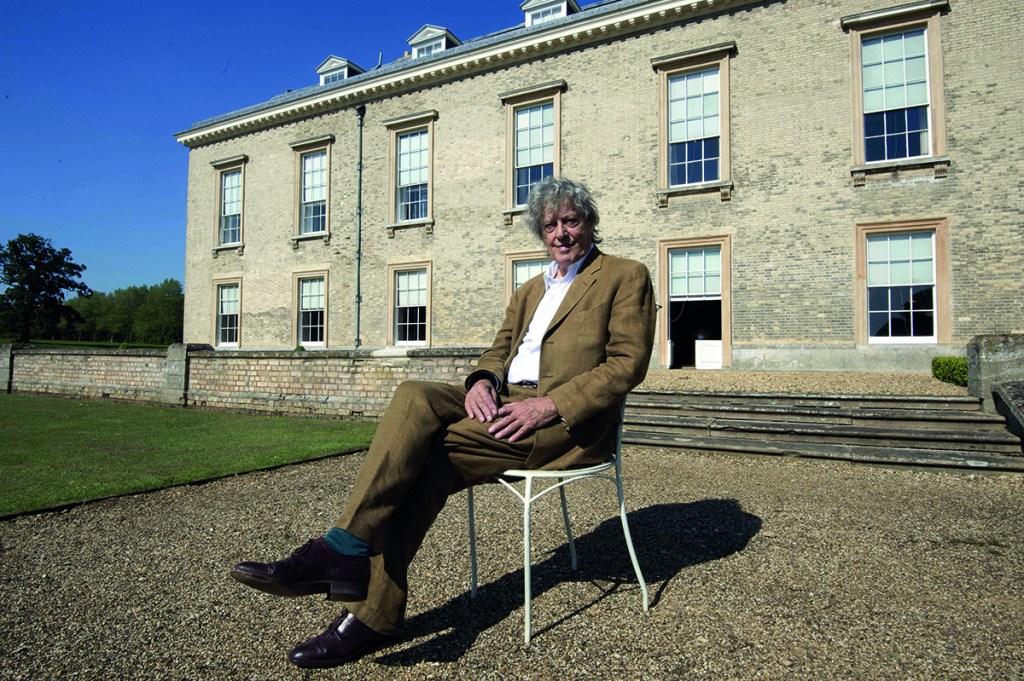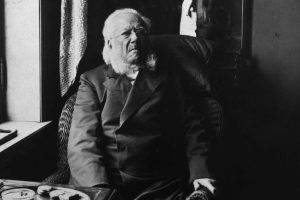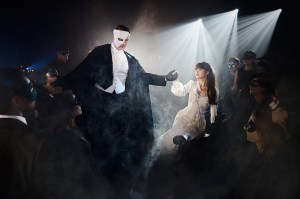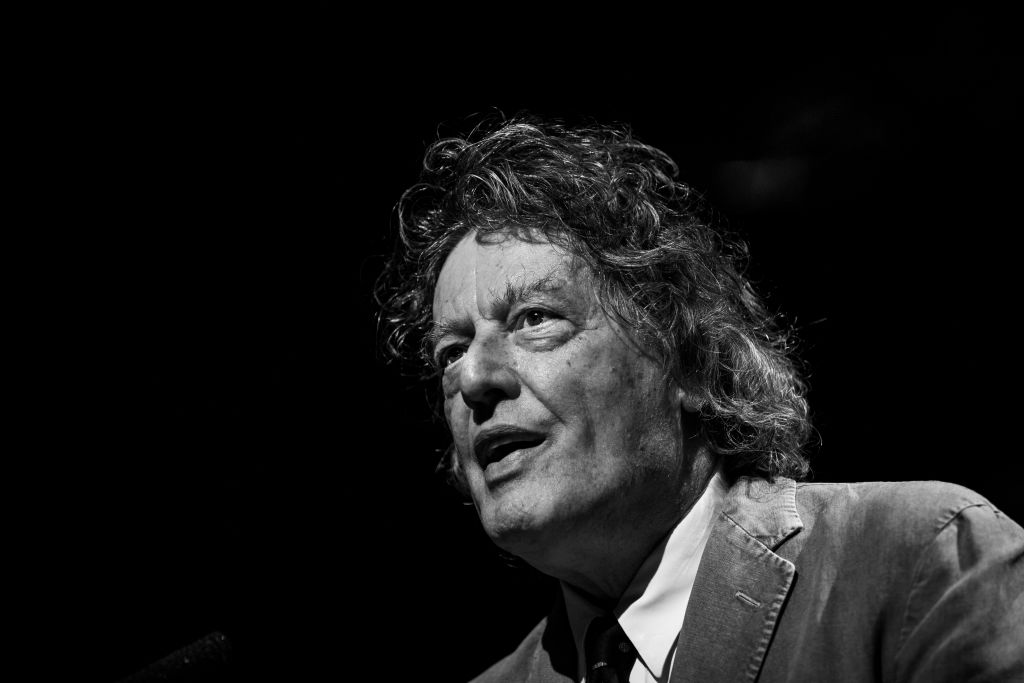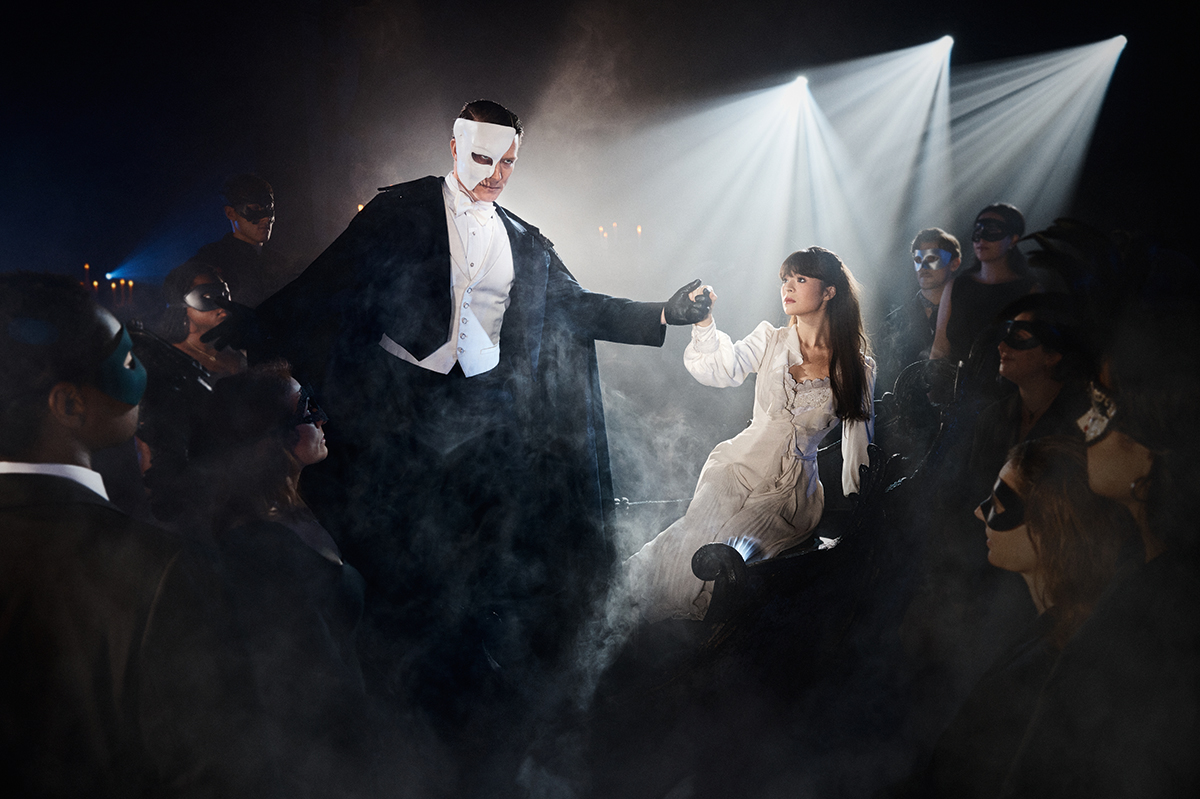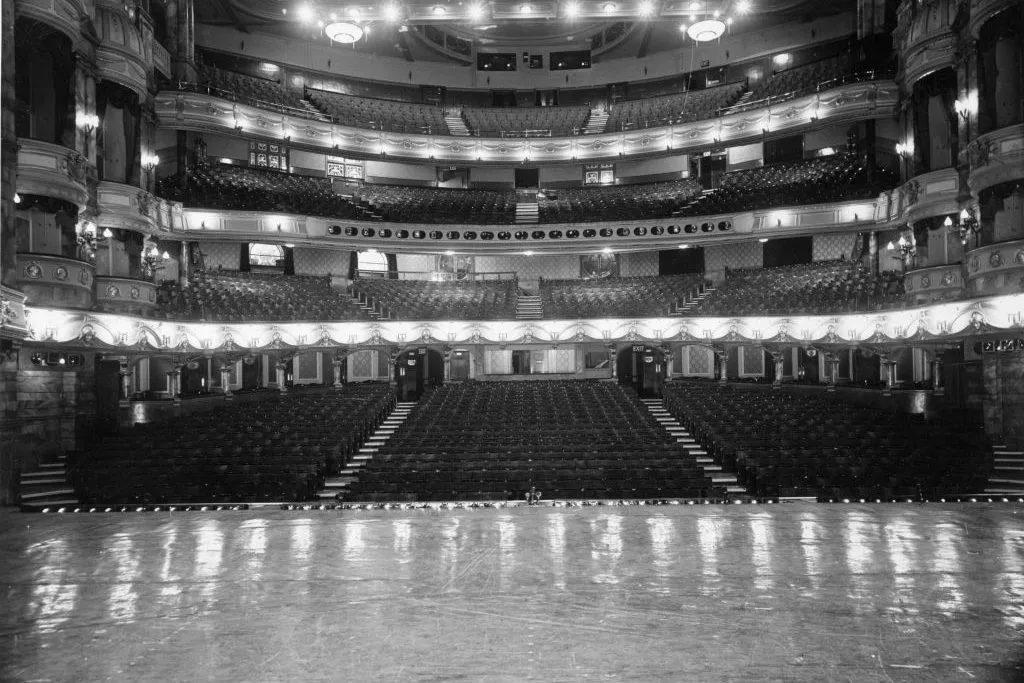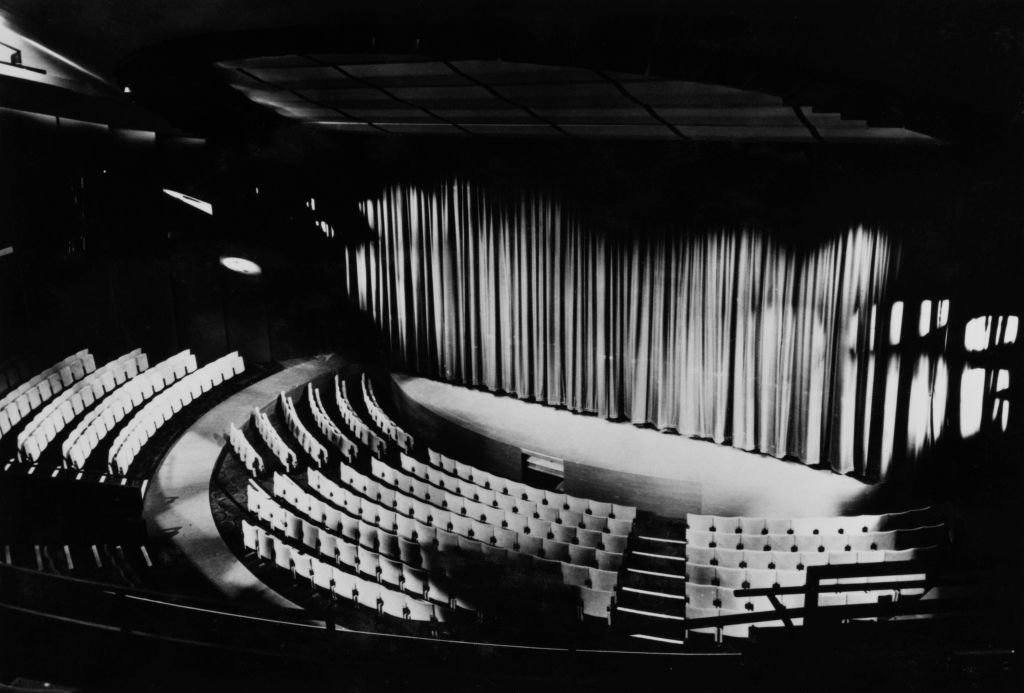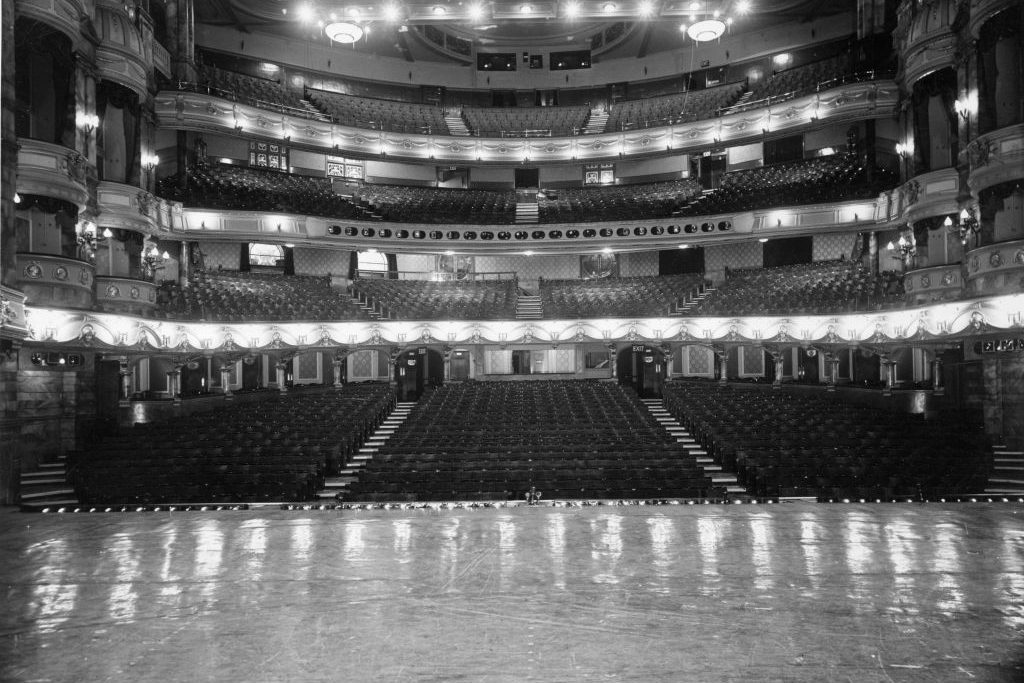The London premiere of Leopoldstadt in 2020 made this decade the seventh in which a new Tom Stoppard play has been delivered unto the world, and since the playwright has suggested it may be his last, some words about his legacy seem to be in order.
Stoppard is often regarded as the greatest English playwright of the later twentieth century. Harold Pinter is the other popular choice. Both men picked up where Pirandello, Beckett and the absurdists left off. Their respective approaches form two sides of the same post-existentialist coin. Stoppard made his name with the expanded footnote: plays in which a sidelight takes center stage, often bristling with comedy, like the metatheatrical Rosencrantz and Guildenstern Are Dead (1966) or The Real Inspector Hound (1968). Later hits such as Travesties (1974), Arcadia (1993) and Rock ’n’ Roll (2006) have visited broader historical and intellectual themes, often with less sleight of hand, but still mostly through a back or side door.
Where Stoppard dilates, Pinter whittles away. The stripped-down drama for which the latter will be remembered, as in The Birthday Party (1957), Old Times (1970) and Betrayal (1978), evokes the mid-century malaise of a depressingly liberated British upper-middle class. The audience strains to follow a handful of sparsely delineated characters — moody, broody and, since they often don’t follow one another, impossible to know. The plots don’t unfold; they tie themselves in knots. If Pinter had written Oedipus Rex, he’d have brought King Laius back as Oedipus’s shrink. Was it a dream, or did you really shag your mum? Or was it my wife?
Broadway box offices have largely favored Pinter. Stoppard tends toward the verbose and convoluted, especially when done badly — qualities not apt to sit well with a viewing public tuned to musical theater. Pinter’s humor, meanwhile, is so dry that it barely registers on our shores. His plays, done badly, become tawdry bedroom dramas — conveniently, just the sort of thing to pack the cheap seats.
Which brings me back to Stoppard’s Leopoldstadt, just opened on Broadway last month. If this play does not convince the theatergoing public of Stoppard’s preeminence, then I am not sure what could. Stoppard — born Tomáš Sträussler in 1937 to secular Jews in Czechoslovakia — has crafted a play that dramatizes the process of memory in time as incisively as Pinter ever did. And through the subject of Jewishness — not Judaism, exactly, since many characters are not practicing — he elaborates a favorite theme of his, the ebb and flow of history, with characteristic ebullience. This show is a marvel. Hats off to Stoppard, director Patrick Marber and all involved.
The play runs just over two hours with no intermissions and presents five acts: 1899, 1900, 1924, 1938 and 1955, all set in Vienna at or near the Merz family apartment. The subplots, cast and characters stuffed into this play are too numerous to recount here. But each act depicts Jewishness in a distinct light.
Act I (1899) explores Jewishness as culture. By marriage and conversion, the sprawling Merz family has enough Christians to celebrate Christmas. Merriment and more serious debate about Theodor Herzl and the Zionist project. The young Jacob (Joshua Satine/Aaron Shuf), baptized and circumcised “in the same week,” we learn, sets a Star of David atop the Christmas tree.
Act II (1900) gives us Jewishness in a personal, romantic context: the infidelity of Gretl Merz (Faye Castelow) toward her husband Hermann (David Krumholtz) with the German soldier Fritz (Arty Froushan). Hermann is Jewish by blood but became a Christian to marry Gretl. Fritz is a model German Christian.
Act III (1924) takes Jewish politics and oikonomia as its theme. The family is gathered for a circumcision. Family members drift in and out, discussing Germany, Bolsheviks and more. Jacob (Hermann’s son, now older, Seth Numrich) wounded in the Great War, offers this brief manifesto: “I am a one-eyed, one-armed cradle Catholic of Jewish descent. Those are my politics.” Hermann and a banker discuss transferring the estate to Jacob.
Act IV (1938) casts Jewishness as a subject of hatred and indifference — a yearning mass turned away, then a stain to be erased. Kristallnacht.
Act V (1955) presents Jewishness as, well, Jewishness: a remembered, inherited thing. The three surviving family members visit the apartment, reminisce, learn, remember, correct.
The kicker: in its triangulation of character and its probing of memory, in economy of language and symbolic resonance, this final scene is downright Pinteresque. There’s a whiff of competition here, to be sure. But it’s one hell of an homage.
This article was originally published in The Spectator’s November 2022 World edition.



